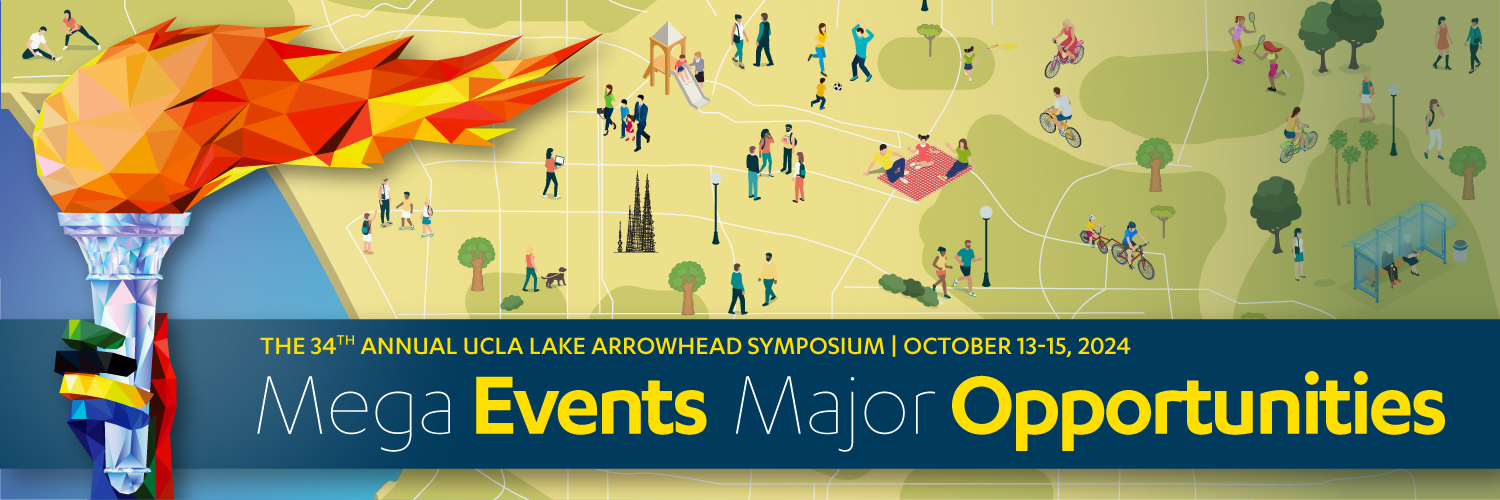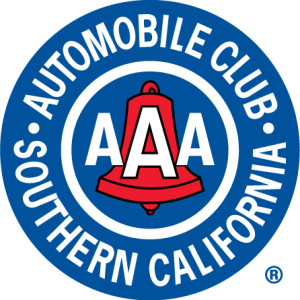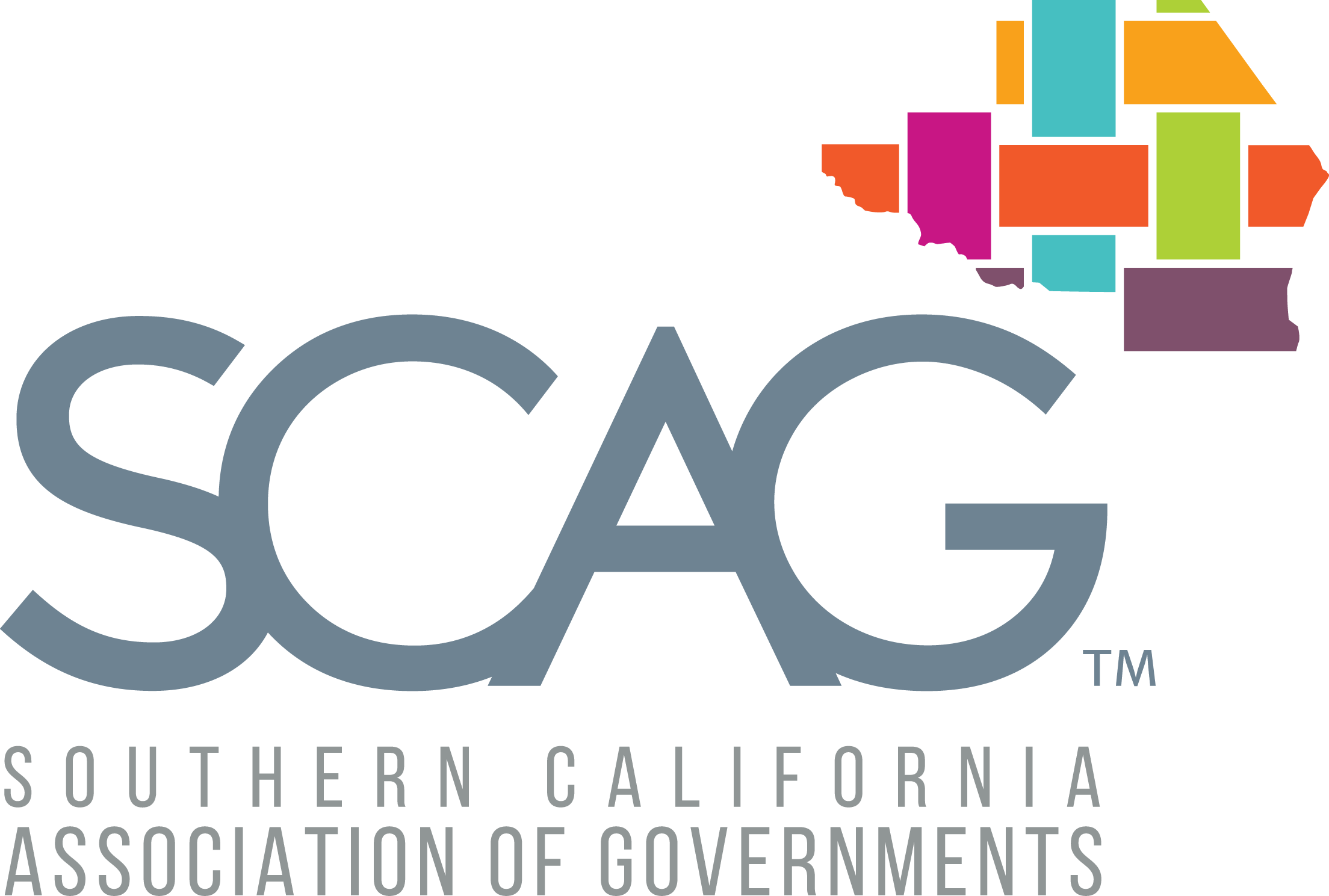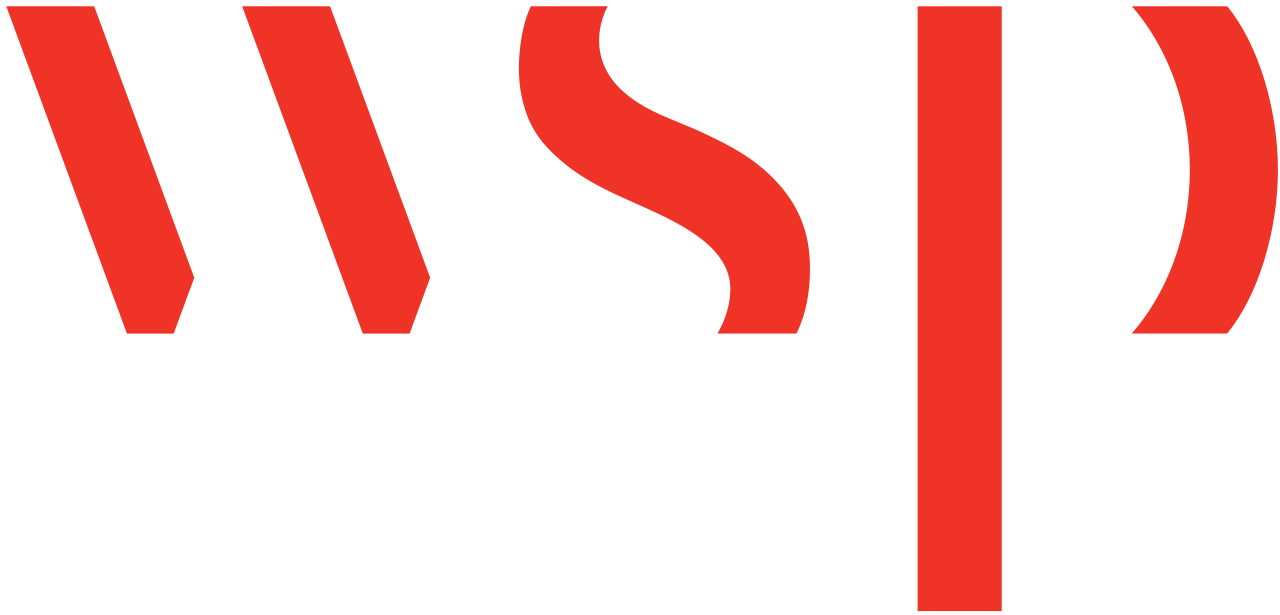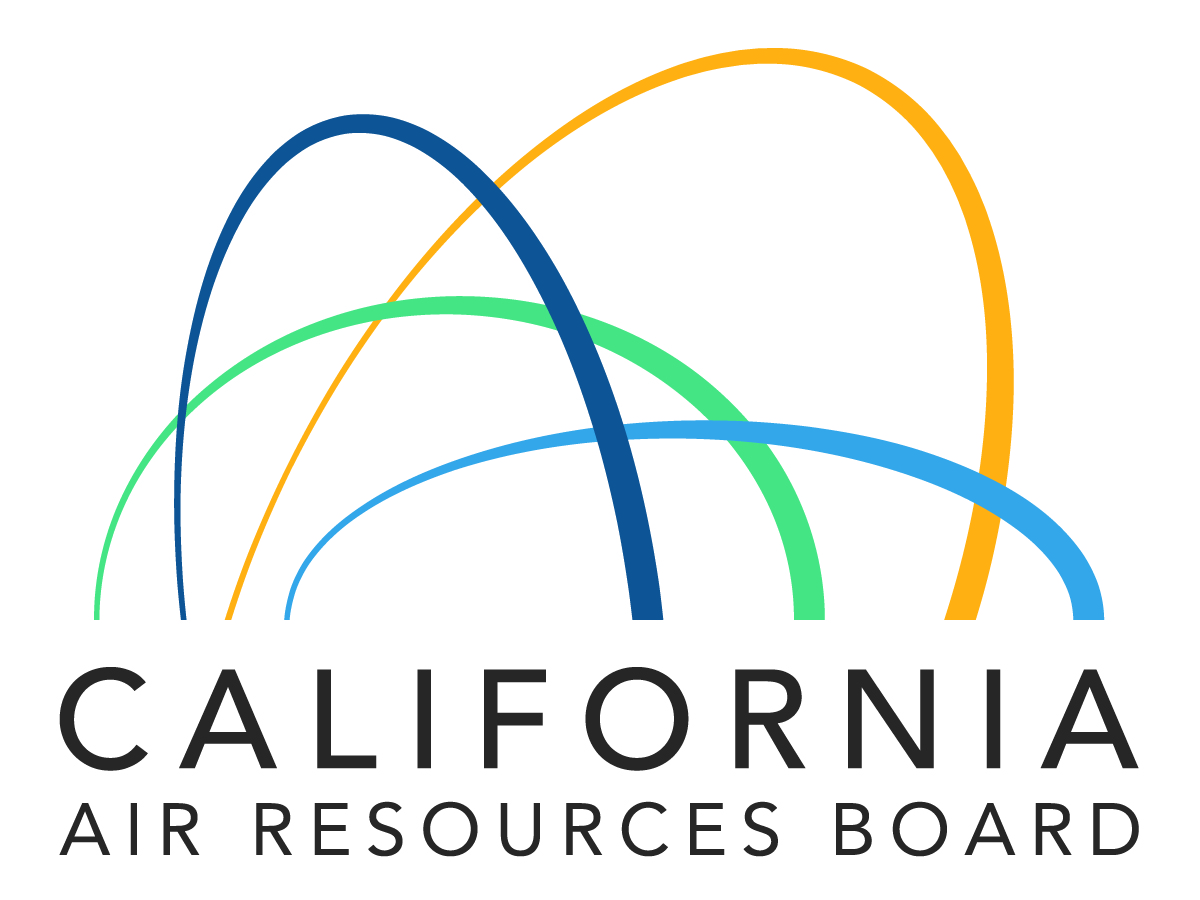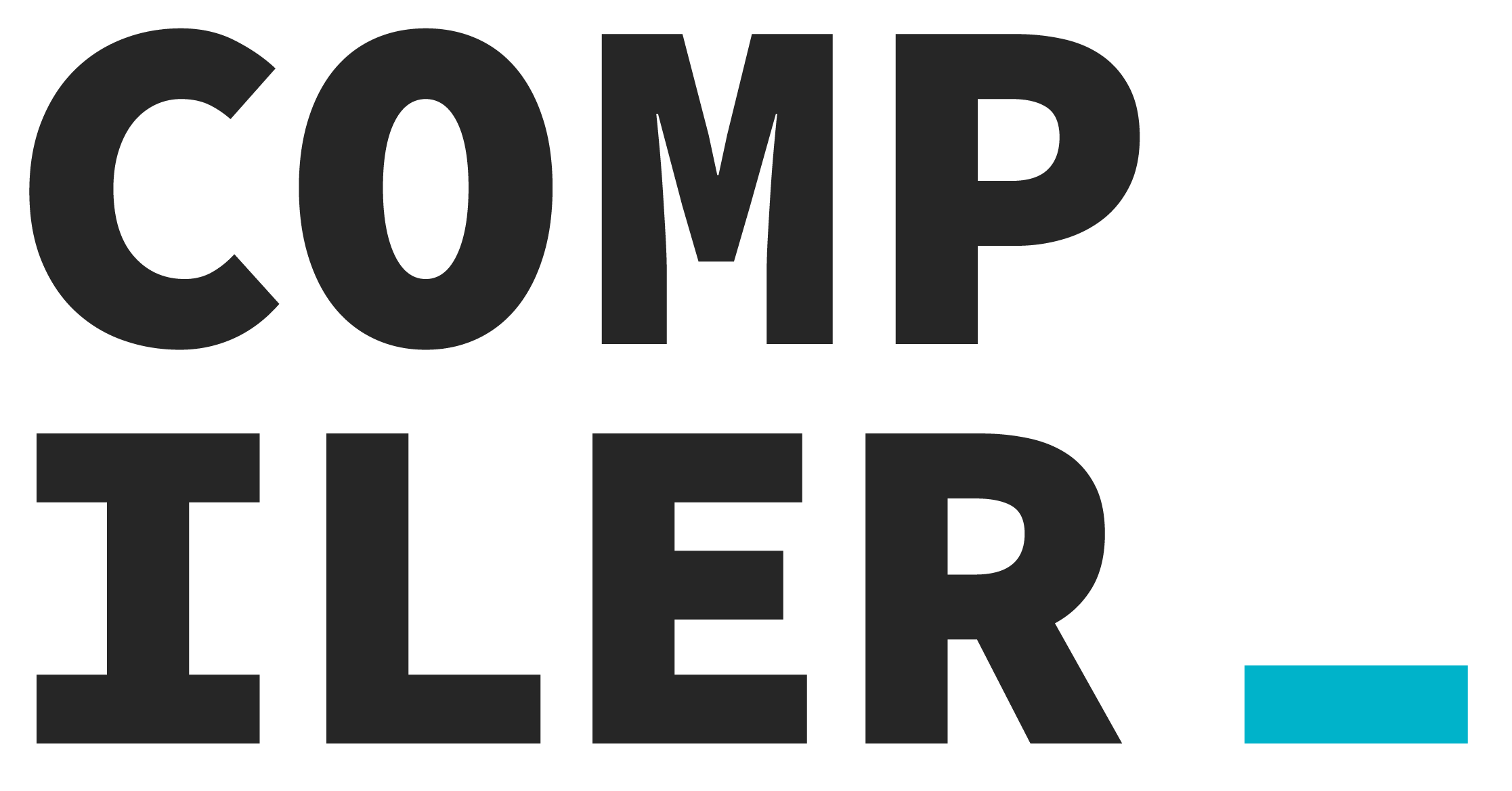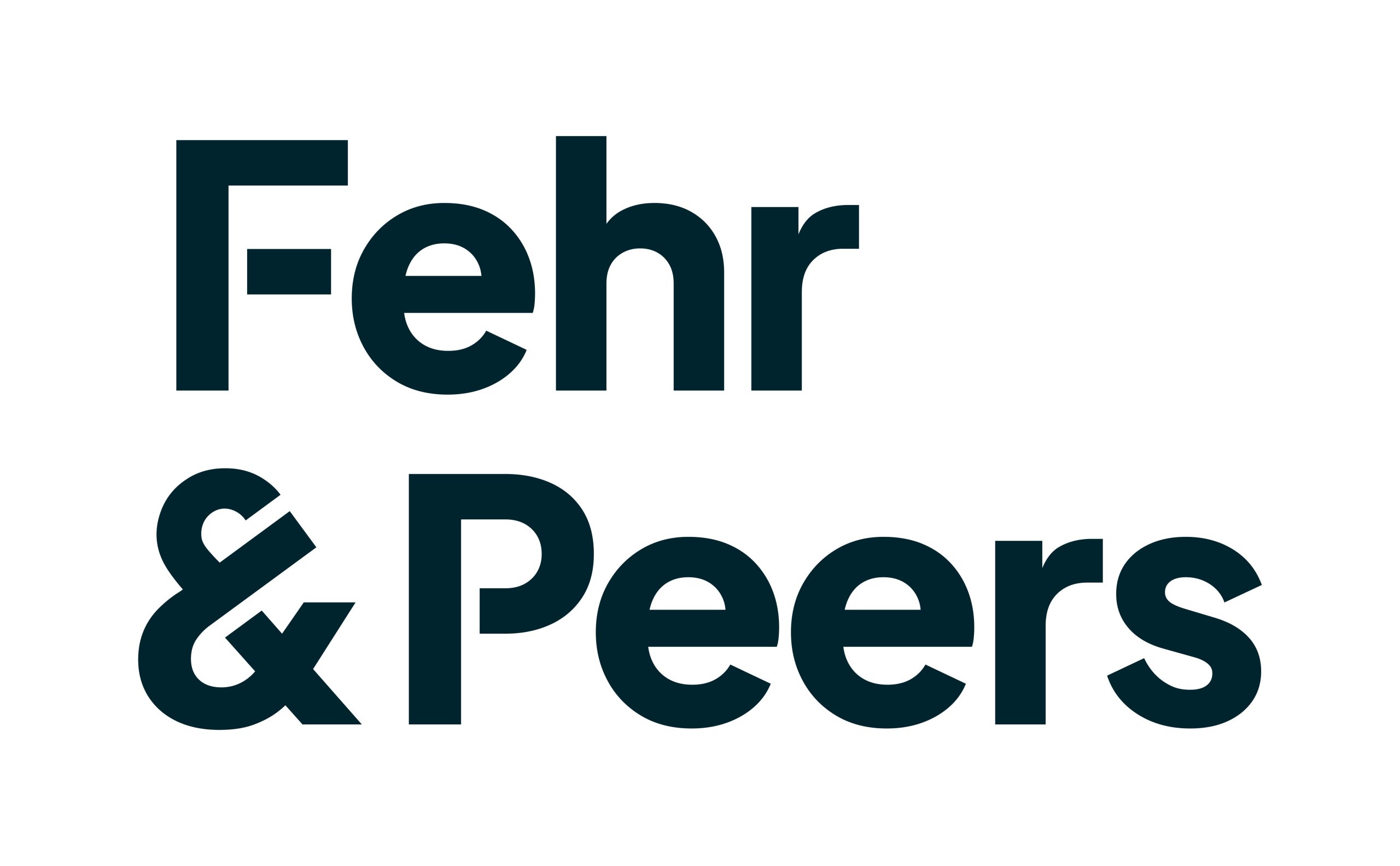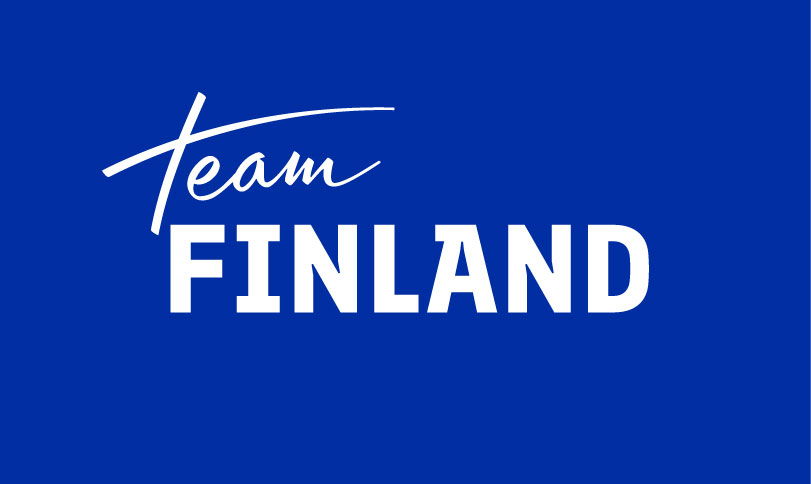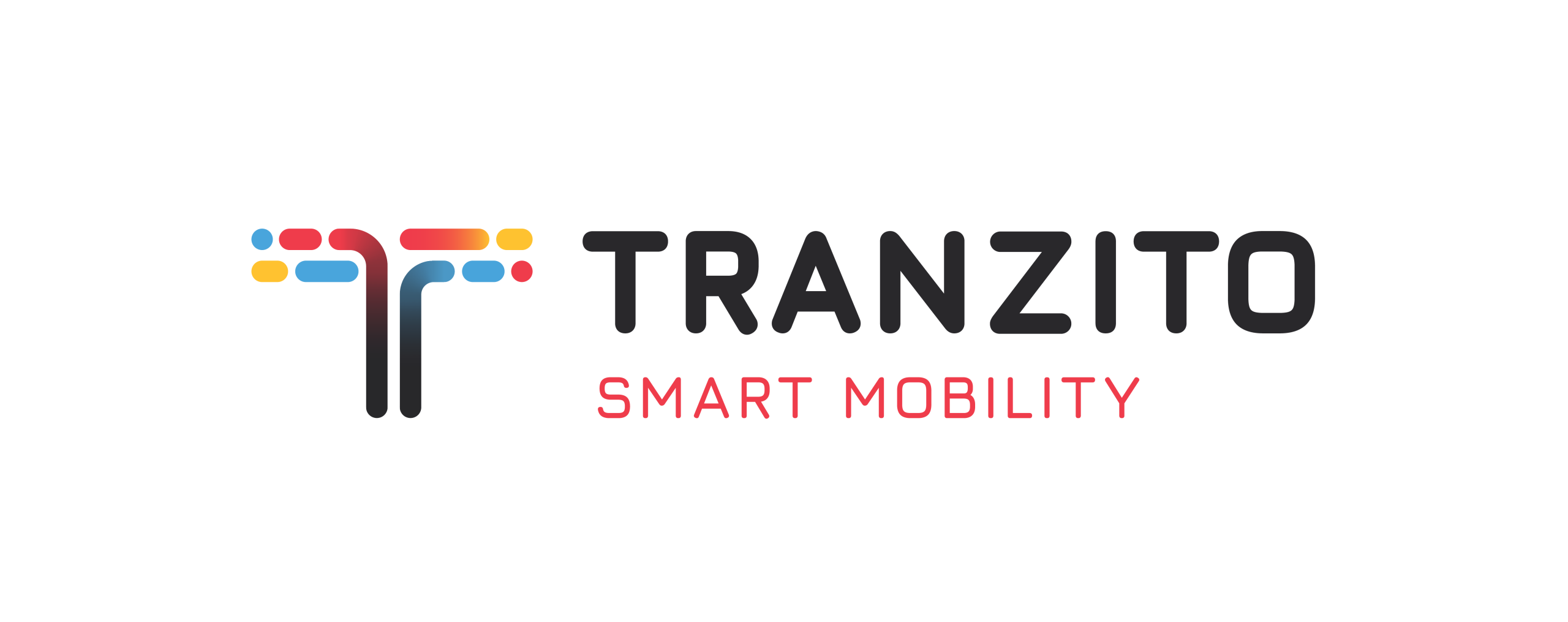New Mobility, Automated Vehicles, and Cities
The 35th UCLA Lake Arrowhead Symposium | April 12-14, 2026
Governing the Automated Future: Conflict, Stewardship, and the Public Trust
Automated vehicles are no longer a “coming soon” technology; they are an operational reality reshaping the physical and digital real estate of our cities. As fleets expand and deployment zones cross municipal borders, the friction between private innovation and public interest has intensified. The question is no longer if the technology will work, but how we will govern the complex ecosystem it inhabits.
For its 35th year, the UCLA Lake Arrowhead Symposium shifts the focus beyond technological hype and market speculation to the urgent work of public stewardship. We are gathering the leading minds in transportation policy, digital infrastructure, and equity to move past the hype and tackle the conflict for the policy vision and the curb.
From Speculation to Infrastructure Readiness
While the vehicles have matured, our governance frameworks have struggled to keep pace. This year’s convening explores the “Digital Backbone” required to support a safe, automated future. We will examine the data standards, liability frameworks, and cloud infrastructure that underpin the rules of the road for the next decades.
A Focus on Unmet Needs
Automation offers a historic opportunity to rethink mobility, but only if we ask the right questions. We will pivot the conversation from “optimizing convenience” to addressing unmet needs. How do we govern a system that adapts to better serve the needs of those not well served by the existing transportation system? How do we ensure that safety is defined by public assurance, not just proprietary sensors?
The Arrowhead Experience
Held under the Chatham House Rule, the Symposium functions as a neutral territory for off-the-record dialogue. It convenes public-sector directors, infrastructure strategists, and community advocates, alongside industry leaders, to debate the practical realities of deployment. The format prioritizes candid exchange over presentation, allowing participants to address the friction between technological capability and public governance without the constraints of public posturing.
Speakers

Kate Burns

Terra Curtis

Arielle Fleisher

Steve Finnegan

Andrew Glass Hastings
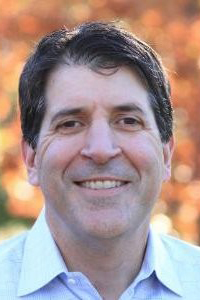
Bill Higgins

Eli Akira Kaufman

Leslie Kern

Damian Kevitt

Nico Larco

Eli Lipmen

Toby McGraw
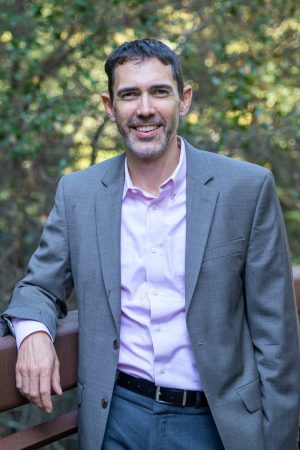
Adam Millard-Ball

Kỳ‑Nam Miller

Lucia Phan
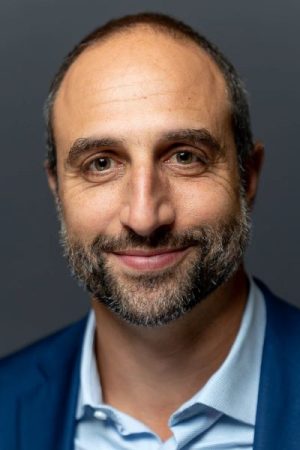
Joshua Schank

Lilly Shoup

Daniel Sperling

Jeffrey Tumlin

Emily Warren

Kristin White
Program
The program is subject to change.
Pricing
| REGULAR | REGISTER | ||
|---|---|---|---|
| All-Inclusive Registration | |||
| Regular Registration | $1,750 | ||
| Private Accommodation | $1,950 | ||
| Government/Public Sector | $1,550 | ||
| Valid .gov or public sector email required. Subject to verification and event organizer approval. Contact arrowhead@uclaarrowheadsymosium.org if paying by check. Checks must be received by March 12 or we reserve the right to move the attendee to a stand-by list. |
|||
What's Included?
Unlike other events, our registration fee includes much more than the typical conference.
Your registration includes lodging, all meals (Sunday dinner through Tuesday lunch) and beverages, receptions, use of venue facilities (e.g., heated pool, fitness center, tennis courts), free self-parking, and eligibility to claim AICP CM credits. To see what else is included/excluded, see our FAQs.
Scholarships Available
We’re offering a limited number of scholarships to public-sector employees or advocates willing to participate in a symposium workshop. Two sessions will explore advancing the public interest in new mobility and automated vehicles, focusing on planning goals and ensuring people’s diverse mobility needs are met.
Scholarship Application Window Now Closed
FAQs
The UCLA Lake Arrowhead Registration Fee includes much more than the typical conference registration fee.
What’s included?
- Attendance at all sessions
- Lodging (upgrades available)
- WiFi throughout the facility
- All meals (Sunday dinner through Tuesday lunch) and beverages
- All receptions, including snacks and beverages (water, lemonade, beer & wine)
- Coffee station (coffee & tea)
- Use of venue facilities (heated pool, fitness center, tennis courts, hiking trails, see more)
- Free self-parking
- Eligibility to claim AICP CM credits
- Inclusion in Attendee Directory (optional)
What’s excluded?
- Transportation to and from the venue
- Equipment rental fees for recreational activities
- Additional group recreation activities (e.g., mountain biking)
The regular all-inclusive registration fee is $1,750. This includes access to full programming, all meals and beverages, receptions, lodging and select venue amenities.
There are discounted prices available for government/public sector attendees. If you recently attended an Arrowhead Symposium event, you qualify for a limited-time presale offer. A limited number of free registrations will be offered to public employees or advocates who apply for a scholarship and are selected to participate in a workshop at the Symposium. For more information and to apply to the workshop, click here.
The conference center is located at 850 Willow Creek Road, Lake Arrowhead, CA 92352.
Ground Transportation
The quickest way to access the UCLA Lake Arrowhead Lodge is by automobile. For directions, use Google Maps or see the venue’s site. There are a few alternatives:
- Shuttle: We recommend Xpress Shuttles for service to Lake Arrowhead. We will arrange at least one shuttle from Ontario Airport to the venue. Participants can reserve space on this shuttle by purchasing the ground transportation package during registration.
- TNC: The conference center is inside the Uber and Lyft service area; however, service may be limited. Plan accordingly.
- Transit: Mountain Transit’s RIM Off the Mountain offers Monday-Saturday service. A local taxi connection is required.
- Taxi: The Lodge lists various transportation services available here.
Airports
The UCLA Lake Arrowhead Lodge & Conference Center is about 90 miles east of the main campus, nestled on a lake 1 mile above sea level in the San Bernardino Mountains. There are a variety of airport options, but we encourage invited speakers/attendees traveling from out of town to consider Ontario International Airport first for the added convenience of easy ground transportation.
We will arrange for at least one shared-ride van to transport attendees to and from the Ontario airport to the conference center. You may request this shared-ride service during your registration. For those flying into other airports who would prefer not to rent a car, we recommend Burbank or LAX, which have transit connections to Metrolink’s commuter rail service.
Airports, in order of distance to the UCLA Lake Arrowhead Conference Center:
- Ontario (ONT): 45 miles; pre-arranged shuttle or car rental option; limited nonstop routes
- Palm Springs (PSP): 76 miles; car rental option; limited nonstop routes
- Santa Ana/Orange County (SNA): 80 miles; car rental option; 2nd most nonstop routes
- Burbank (BUR): 89 miles; car rental option, connecting Metrolink Service.
- Long Beach (LGB): 94 miles; car rental option; JetBlue hub
- Los Angeles International (LAX): 98 miles; car rental option, or Flyaway -> Metrolink; most nonstop routes
Traffic on Sunday mornings and Tuesday early afternoons is typically light relative to peak periods.
Once you register, we pay for you to attend even if you cancel. Thus, in most cases, we cannot offer a refund.
Your registration is transferable, and you can change the name on your registration until April 3, 2026 by clicking “Edit Order” in your email confirmation and then following the “Manage Order” link. Note that this doesn’t change payment responsibility from the original registrant. If you change the name of your registration, please notify us at arrowhead@uclaarrowheadsymposium.org.
Included in the registration is the lodging for two nights (Sunday, April 12 and Monday, April 13) and meals (Sunday dinner through Tuesday lunch). Lodgings at the UCLA Lake Arrowhead Conference Center are typically semi-private cabins (condolets). Your condolet will be shared with another symposium attendee. You may request a suitemate by indicating so during the registration process.
Condolets are two-story units with each level having a queen bed and 1-2 full baths. Some condolets have an open-door bedroom plan with a studio bedroom on the first floor and a 2nd-floor loft, while others have a closed-door bedroom plan. They include a downstairs living room parlor with a sleeper sofa, work desk, and fireplace separating the two guest rooms. For an additional price, the private accommodation registration fee of $1,950 you will be assigned to a Deluxe/Premium condolet while supplies last.
Most guest rooms at the UCLA Lake Arrowhead Lodge are semi-private chalets (condolets), which will be shared with another symposium attendee. These are two-story accommodations with a loft-style bedroom and another bedroom and private bathroom downstairs, plus a shared living room parlor.
There are two floor plans. One has a private bedroom downstairs and an upstairs loft. Another has an open-door, studio-style bedroom downstairs. Room upgrades are available at registration to ensure two private bedrooms and bathrooms while supplies last. See more information.
Yes, you can request a suitemate during the registration process. Both attendees must include the request in their registration in order to be paired together. Our policy is to pair suitemates of the same gender unless otherwise requested. We will do our best to pair attendees from the same organization but this is not guaranteed. In most cases, a suitemate request can be accommodated. However, due to room availability, we cannot guarantee requests.
Please let us know during the registration process if you have a mobility issue or any other accessibility issue and need to be housed in a room close to the main conference. The conference center will do its best to accommodate requests based on availability and medical needs; however, these accommodations are not guaranteed.
No. All attendees and guests must be registered to attend the conference and stay as a guest at the conference center. UCLA reserves the right to cancel an attendee’s registration and to ask non-registered guests to leave the premises.
No, the UCLA Lake Arrowhead Conference Center is a smoke-free property. Due to this, we will be required to bill a smoking fee during the symposium or after check-out to guests who will be participating in smoking activities in the rooms during the symposium or after check-out while on the conference center grounds.
No. All attendee names must match the registered conference guest names. If you need to transfer your registration, you may do so until Friday, April 3, 2026 by clicking “Edit Order” in your email confirmation and then following the “Manage Order” link.
You can update the information on your order (such as name, email address, or answers to the organizer’s questions) by clicking “Edit Order” in your email confirmation and then following the “Manage Order” link until Friday, April 3, 2026. Please contact us at arrowhead@uclaarrowheadsymposium.org if you have already completed your registration and still want to purchase an add-on item (e.g., Ground Transportation).
We will arrange for a shared shuttle service to and from Ontario International Airport. Usually, a shuttle will leave from Ontario Airport around 11:30 a.m. on Sunday, April 12, 2026 to head to the conference center. A return shuttle is usually scheduled to leave the conference center at 1:30PM on Tuesday, April 13, 2026 back to Ontario Airport. If you are interested in this service, please purchase the ground transportation package during registration. There are limited seats available. We will confirm shuttle logistics two weeks prior to the event.
If you are interested in carpooling with other attendees, please indicate so during your registration. You will receive a link to join a carpool as either a driver, passenger, or join a waitlist to be notified once a driver is added.
Free parking is located directly in front of the conference center.
Other transportation options include: TNCs (Lake Arrowhead is in the Lyft and Uber Inland Empire service area), Mountain Transit’s RIM Off the Mountain route (Monday-Saturday, with local taxi connection required), and taxi.
Yes. You do not need to purchase the ground transportation add-on at the time of registration if you have not yet made your travel plans. You can return to the registration page and purchase transportation by March 23 at the latest. We recommend you purchase earlier since space is limited.
Symposium event organizers will confirm shuttle logistics two weeks prior to the event.
The conference center is located at 850 Willow Creek Road, Lake Arrowhead, CA 92352. There is free parking available in front of the main lodge. Symposium registration will be available beginning at 2PM on Sunday, April 12, 2026 in the main lodge.
Before 6:00 PM on Sunday, registration will be in the main lobby. For guests arriving later Sunday evening or on following days, registration will be available in the main lodge’s upstairs library.
Check-in for lodging is not available until 5:00 PM in the main lodge. You may pre-register with the front desk earlier in the day to streamline the process and receive your keys. Your room won’t be available until 5:00 PM.
Ask our student volunteers at registration if you need assistance with storing luggage. Please be advised that lodging accommodations are typically 2-bedroom, 2 bath semi-private shared condolets. We cannot accommodate requests for specific bedroom plans, unless you purchase a private room accommodation at registration. You will share a unit with another symposium attendee. Due to this, registered attendees cannot bring non-registered guests to the conference center. Feel free to check with the front desk regarding the name of your cabinmate upon check-in.
If you’d like to pay by check, contact event organizers at arrowhead@uclaarrowheadsymposium.org to obtain an invoice. Checks are not accepted for pre-sale registration. Checks must be received by March 12 or we reserve the right to move the attendee to a stand-by list.
Yes. You will indicate your dietary preferences during the registration process. The conference center will do its best to accommodate most meal preferences (vegetarian, gluten-free, vegan, etc.).
No. We support paperless activities when we can get away with it. Please ensure that the attendee’s name is up to date on your registration, especially if you were not the person responsible for purchasing the ticket.
Dress comfortably for the location. Casual attire including jeans is welcomed. Sneakers are encouraged as there will be plenty of walking. The conference center has numerous leisure facilities so be sure to bring suitable shoes and clothing for the 2.5-hour social break on Monday afternoon. We recommend partnering with other attendees for activities during the break. In the past, the attendees have organized group hikes, tennis matches, basketball games, and more. You will also have the opportunity to sign-up for an activity during the registration and view others who have also signed up. Be sure to connect with your activity partners to coordinate.
The conference center will provide some essential products such as shampoo, conditioner, body wash/soap, lotion, hair dryer, iron, ironing board, mini fridge, and Keurig. Additional products such as shower caps, menstrual products, toothbrushes, toothpaste, and COVID tests will be available in the library from symposium organizers as well.
About the Symposium
Since 1991, the UCLA Lake Arrowhead Symposium has tackled the connections between transportation, land use, and the environment. Arrowhead’s diverse and influential group of policymakers, private sector stakeholders, public sector analysts, consultants, advocates, and researchers dive into these pressing policy issues every day. Here we’ve collected some of their insights from the Symposium, as well as information on their ongoing work and updates on upcoming events. Learn more about previous events in the symposium’s 30+ year history.
The UCLA Institute of Transportation Studies, which presents this UCLA Lake Arrowhead Symposium, acknowledges the UCLA campus presence on the traditional, ancestral and unceded territory of the peoples who today use the names Tongva, Gabrielino, and Kizh.
Furthermore, we acknowledge the UCLA Lake Arrowhead Lodge & Conference Center’s presence on the traditional, ancestral and unceded territory of the Yuhaaviatam Indigenous people.

